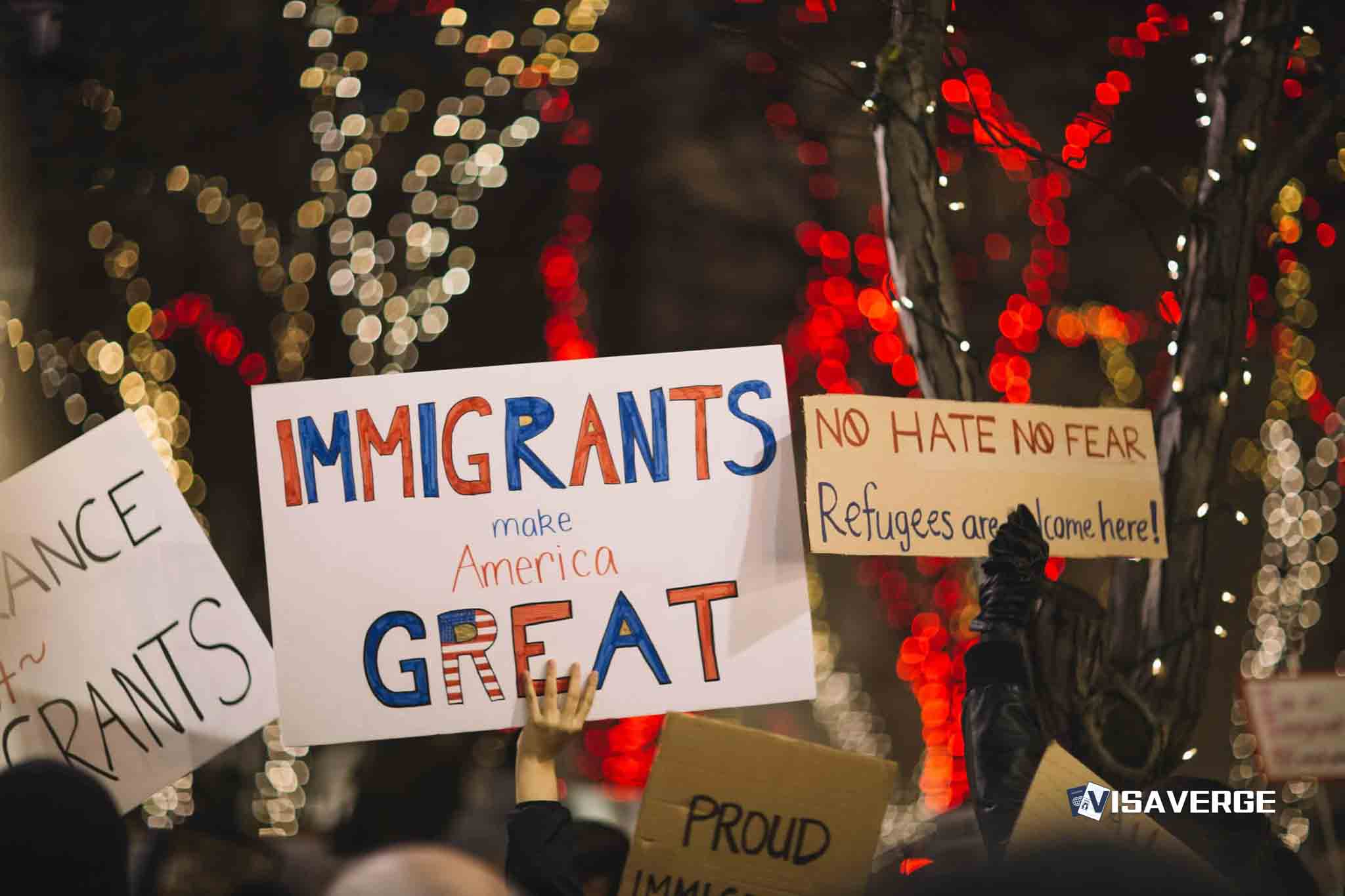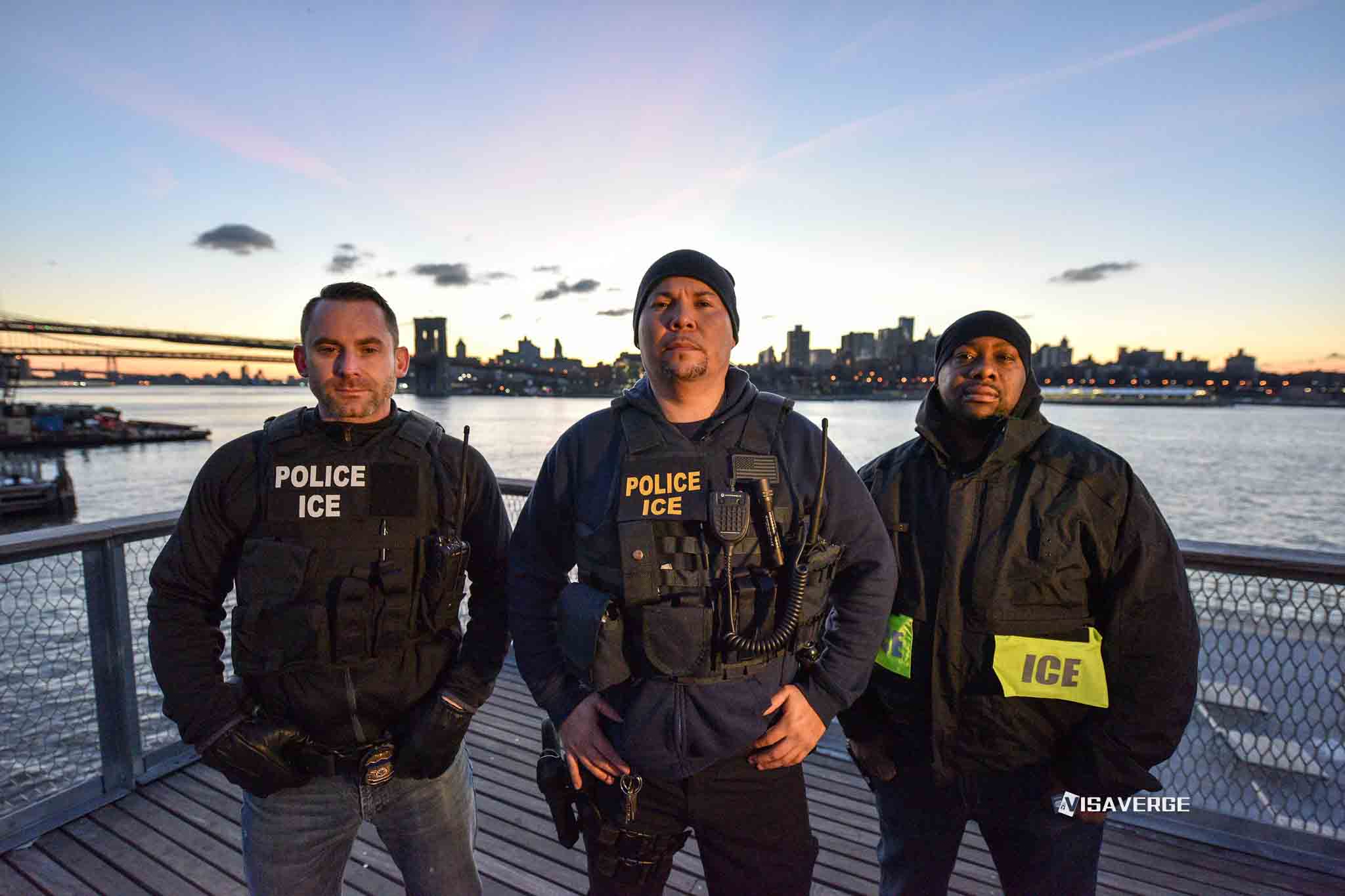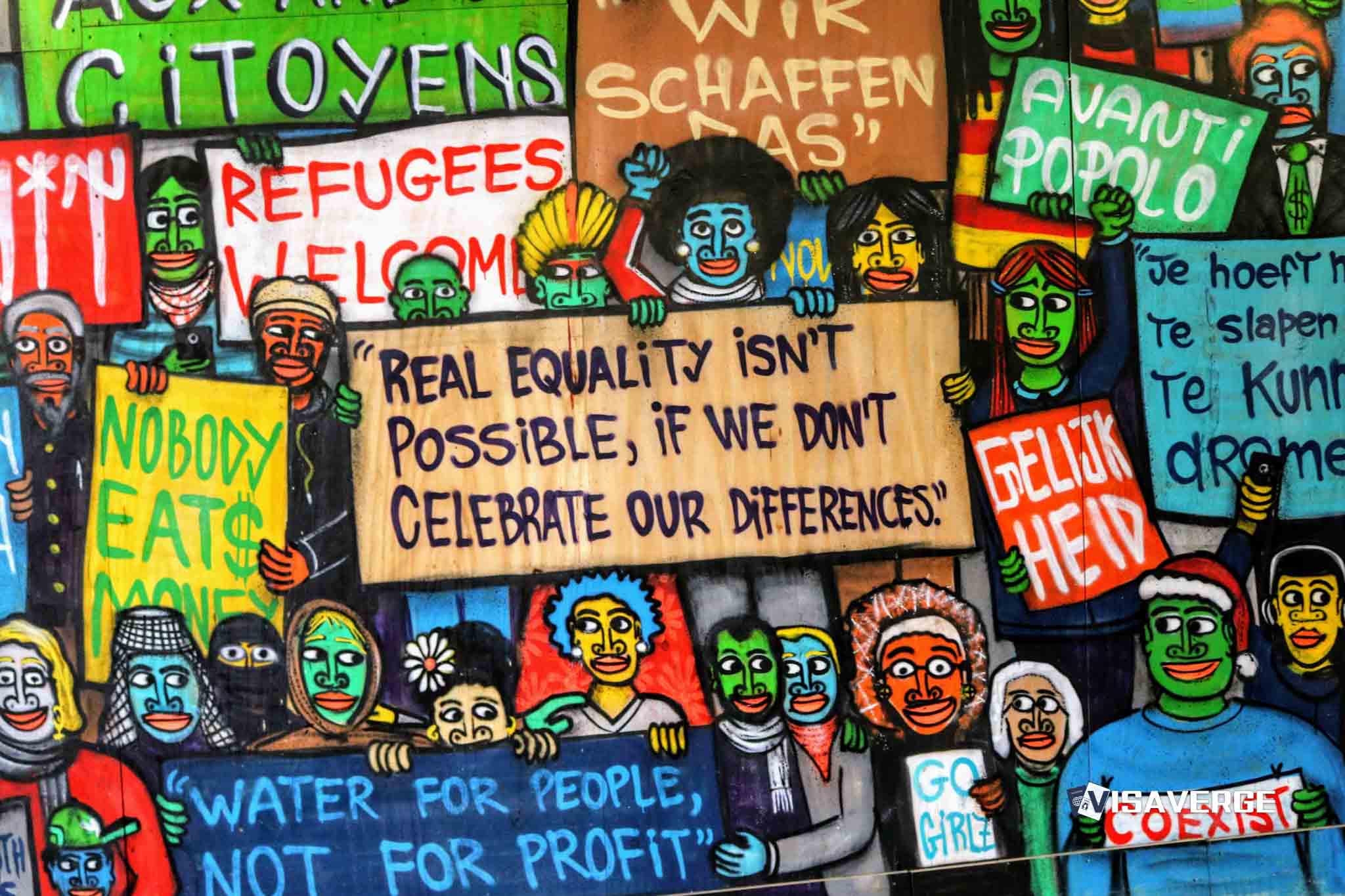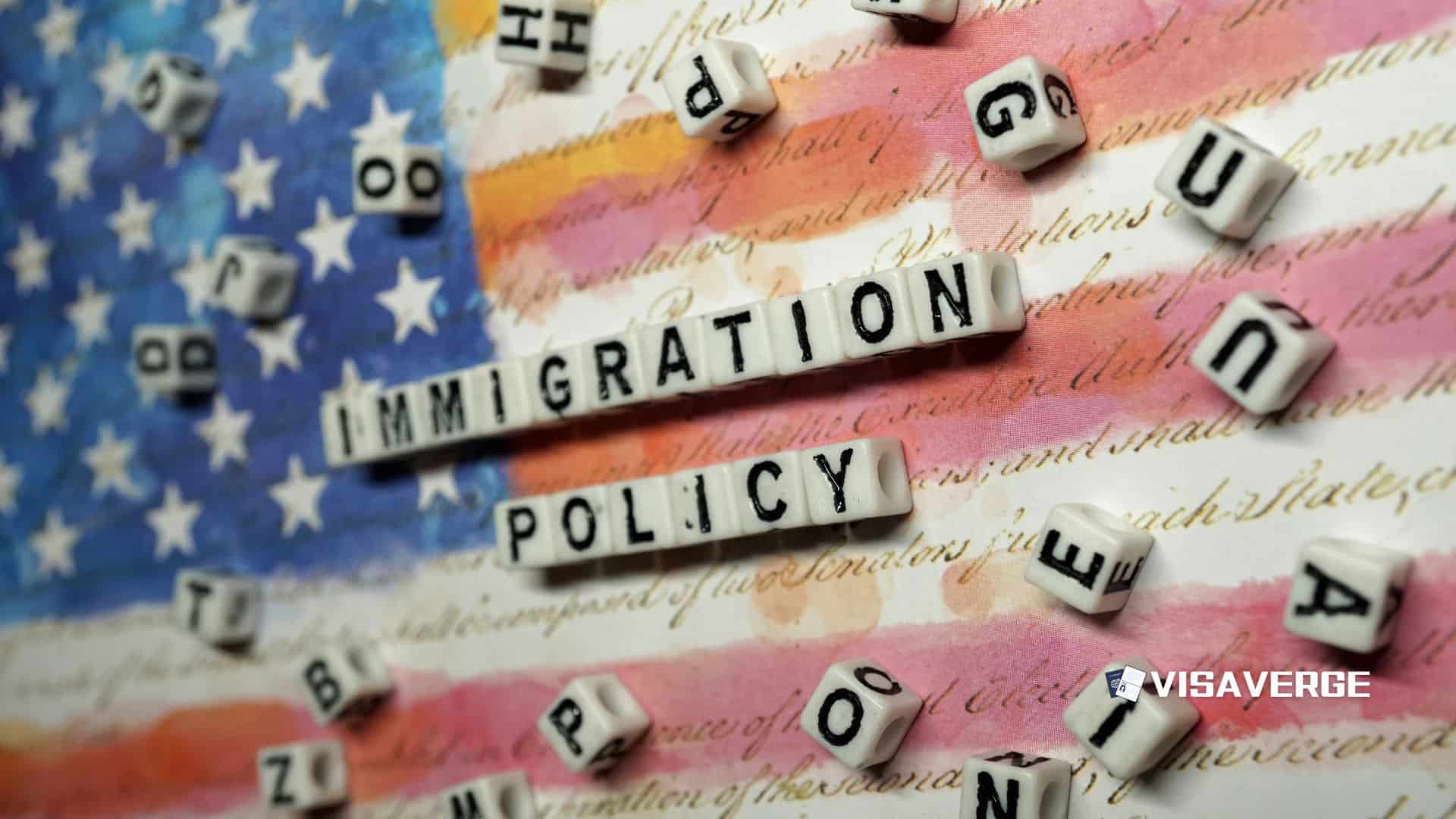Surprise visits by federal immigration agents to the homes of people applying for U.S. citizenship have returned in 2025, alarming lawyers and families who say the practice turns the final steps of the naturalization process into a moment of fear. As U.S. Citizenship and Immigration Services (USCIS) quietly revives home visits for citizenship applicants, people who once expected a formal interview at a government office are now reporting unannounced knocks at the door, often when children are present and legal help is far away.
The unannounced checks, which had largely faded from public view in earlier years, now involve officers arriving without warning to question applicants inside or just outside their front doors. According to analysis by VisaVerge.com, lawyers around the country are seeing a steady rise in reports from clients who say they were surprised to find uniformed or plain‑clothes officials asking about their address history, work, marriages, and even who sleeps in which room of the house.
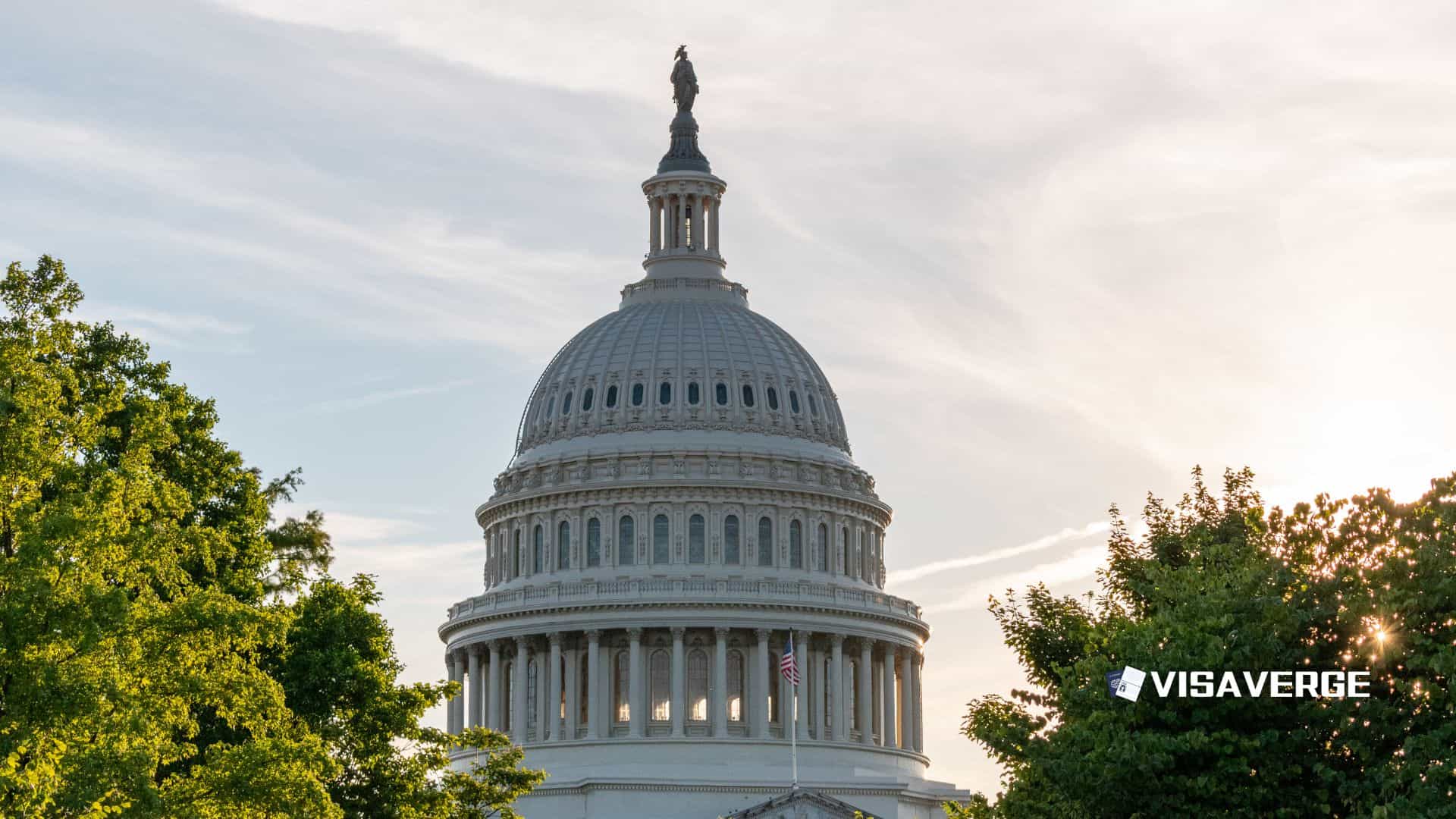
How the visits are being described
Immigration attorneys quoted in case notes and advocacy letters describe the visits as a “fear tactic” that leaves otherwise eligible applicants shaken. Many citizenship applicants have already passed background checks, submitted fingerprints, paid high filing fees, and studied for the civics test when the knock comes.
Lawyers say the tone of the encounter can feel more like an enforcement raid than a routine part of a benefits process — especially when immigration agents arrive in pairs and begin asking rapid‑fire questions in front of neighbors. The revived program is unfolding against a wider rise in enforcement activities under the current administration, including more Immigration and Customs Enforcement (ICE) raids, stepped‑up workplace arrests, and detentions at green card interviews.
Differences from the standard interview
Unlike the standard citizenship interview, which usually takes place at a USCIS field office after a mailed appointment notice, these home visits arrive with no letter, text, or phone call in advance. That lack of warning is at the heart of the worry.
- Applicants may be:
- Half‑asleep
- In work uniforms
- Struggling with language barriers
- Applicants are often without:
- An attorney
- A trusted advocate to slow the conversation or ask for clarification
USCIS has long held authority to verify information in applications, including by checking addresses and marriages, and it continues to present home visits as a way to confirm that people actually live where they say they do. The agency’s public materials, including its citizenship resources, stress that officers may review documents and ask follow‑up questions as part of the path to naturalization. But the current wave of unannounced calls goes further than what many longtime practitioners say they saw only rarely in past years.
Emotional and household impact
Applicants and lawyers say the emotional impact can be sharp. Families who have spent years building lives in the United States 🇺🇸 and finally feel close to becoming citizens now watch their children panic when strangers with badges appear at the door.
Some parents worry that a nervous answer, a small mistake about dates, or a roommate who is not home at the time of the visit could be read as deception, even when the paperwork is otherwise correct and up to date. Community groups point out that the fear does not stop with the individual who filed the form.
- In mixed‑status households, one person may seek citizenship while others hold:
- Green cards
- Temporary visas
- No status at all
When immigration agents show up for a naturalization case, everyone in the house can feel exposed. Even if officers limit their questions to the person on the application, the memory of unexpected government visitors can linger long after the door closes.
“When two officers stand on the porch and say they simply want to ‘clear up a few things,’ many people feel they have no real choice but to let them in and answer whatever is asked.”
— Observations from attorneys and community workers
Practical guidance and rights (what lawyers are coaching)
Lawyers now spend more time coaching clients on what to expect if a surprise knock comes. Applicants are told they have the right to:
- Ask to see identification.
- Contact legal counsel.
- Request that an interview take place at a later date or at a field office.
However, the power imbalance is hard to ignore in the moment. When officers appear on a porch, many people feel compelled to respond even if they technically have the right to delay or refuse entry.
Patterns and unpredictability
For now, attorneys and community workers say home visits are most common in cases where something in the file prompts further inquiry, such as:
- A recent move
- A short marriage record on paper
- A long gap in employment history
That said, people also report knocks even when nothing in their records seems unusual. This unpredictability contributes to the sense that almost any citizenship applicant could face a sudden home check and that ordinary family details might be judged in ways they cannot fully control.
Broader community effects
The broader wave of enforcement activity — including ICE raids and workplace arrests — means that each new report of an unexpected visit spreads quickly through immigrant neighborhoods. Tenants swap stories in laundry rooms about officers at the building next door. Co‑workers compare notes about questions asked at green card interviews where relatives ended the day in detention instead of with an approval notice.
Even those who have not yet applied for citizenship hear these accounts and start to wonder whether taking the final step toward full membership in their adopted country will bring safety or fresh risk to their door.
Current reality for applicants
For applicants already deep into the process, many feel they have little option but to keep going, study for the test, and hope any visit ends without problems. Yet the return of home visits in 2025 has changed that journey, turning what once felt like a celebration into a tense pause at the front door.
USCIS resumed unannounced home visits for citizenship applicants in 2025, leading to surprise doorstep checks that lawyers say feel like enforcement raids. Officers question applicants about residence, employment, and family inside or just outside homes, often without prior notice and without lawyers present. Attorneys are coaching clients to ask for ID, contact counsel, or request interviews at field offices. The practice has heightened fear in mixed-status households and could discourage some from completing naturalization.










